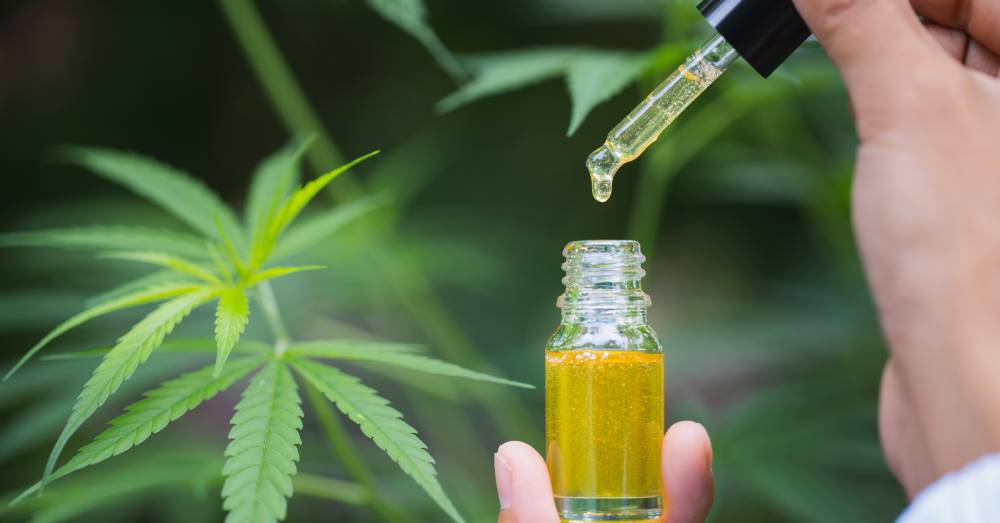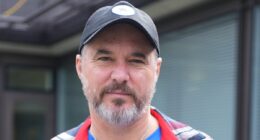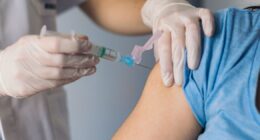Cannabidiol, or CBD, is used by many people to help with a variety of issues, including epilepsy, anxiety, insomnia, and chronic pain. Some parents with children on the autism spectrum are also turning toward CBD to help their children address common symptoms of the disorder.
A new survey from Autism Parenting Magazine has found that about a fifth of caregivers for someone on the spectrum have given their child CBD. Of the 160,000 caregivers polled, 18.6% said they’d tried this approach to help alleviate symptoms. There was a bit of a geographic divide, with 22.16% of American respondents and 14.29% of those in the United Kingdom saying they had.

Of respondents, 72.4% said they were autism parents, with the rest a mix of grandparents, full-time caregivers, teachers, therapists, doctors, or people on the spectrum themselves.
There were a number of symptoms they were trying to address. Nearly half (42.9%) said CBD was used to help with anxiety, 36.9% said it was for challenging behavior, 8.1% were attempting to help with sleep or relaxation, 5.1% with pain relief, and 4.3% with seizures.
Dr. Bao Le from Hhemp.co is one such parent. He says, “I personally have given CBD to my autistic son for over seven years and it has helped him manage his night terrors, grand mal seizures, and tantrums. CBD has given me and my son support to help with his anxiety and hyperactive brain. I am now blessed with a son that is more loving and can express himself verbally and in facial expressions. I can’t claim that CBD will help all children with autism, but it definitely helped and changed my son’s and family’s lives.”
Families have felt an increased need for help with worsening symptoms during the COVID-19 pandemic. When asked if they had started using CBD during the pandemic, 31.3% said they had. Another 16.6% said they had increased the amount they give their child since the pandemic began.
READ RELATED: Alternative Baseball Program Offers Support and Socialization For People on Autism Spectrum

Dr. Le says staying home and not going to familiar outdoor places or businesses has led to increased stress and anxiety. As this happened, parents who already trusted CBD were ready to use it. Others were ready to give it a try.
Autistic advocate, speaker, and poet Russell Lehmann says, “The COVID-19 pandemic has been one of the most trying times in recent human history, and people are prioritizing their self-care like never before. Thus, many individuals who may have overlooked CBD in the past are now realizing the benefits of the cannabis plant. While CBD has no psycho-active effects, when combined with small amounts of THC (the ingredient of the cannabis plant which gives you a high) it can increase the aforementioned benefits tremendously, while also reducing the likelihood of becoming high from the THC.”
With the inevitable concerns about that “high,” Dr. Le explains that the effects of CBD are milder than those of cannabis or THC. Legally, CBD and hemp must have less than 0.3% THC. As a result, CBD is more associated with healing and anxiety reduction.

With CBD being milder, respondents had used it with children ranging in age from 0 to 18. However, it was most common in teens, and only 5.38% of parents used it with children up to three-years-old.
If you’re interested in trying CBD to help ease some of your child’s autism symptoms, Dr. Le encourages you to ask questions about it, only use products with lab results and product ingredients on their websites, and start slow.
For further information on this survey and thoughts from doctors, read more on Autism Parenting Magazine’s website.
Source: The Autism Site Blog






